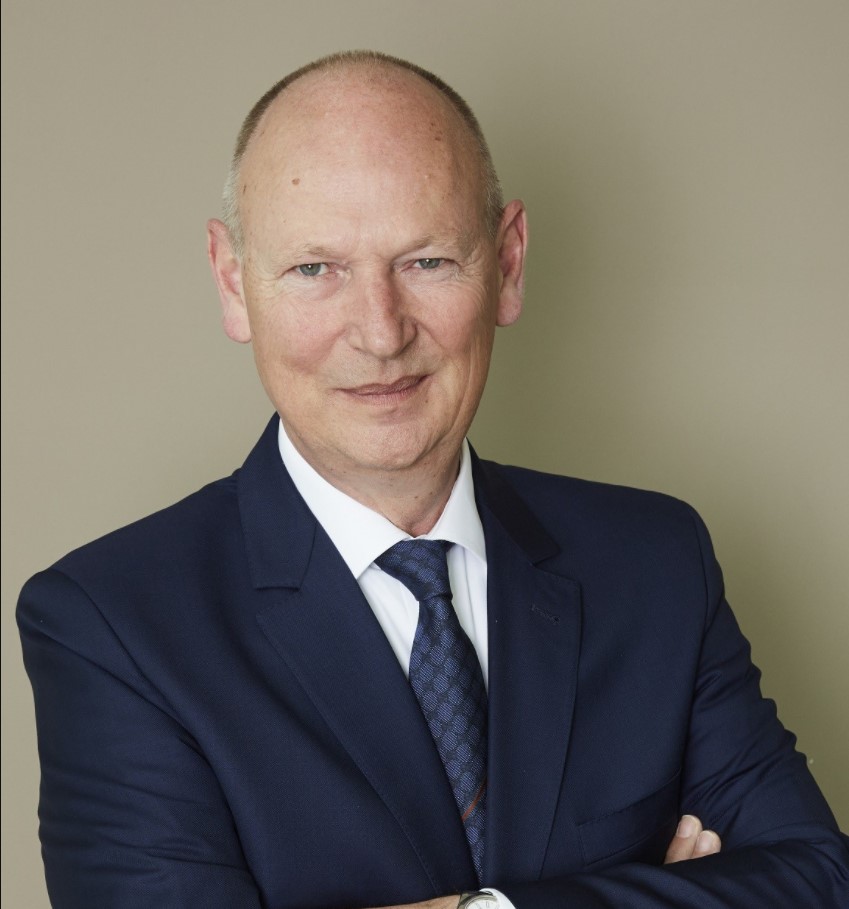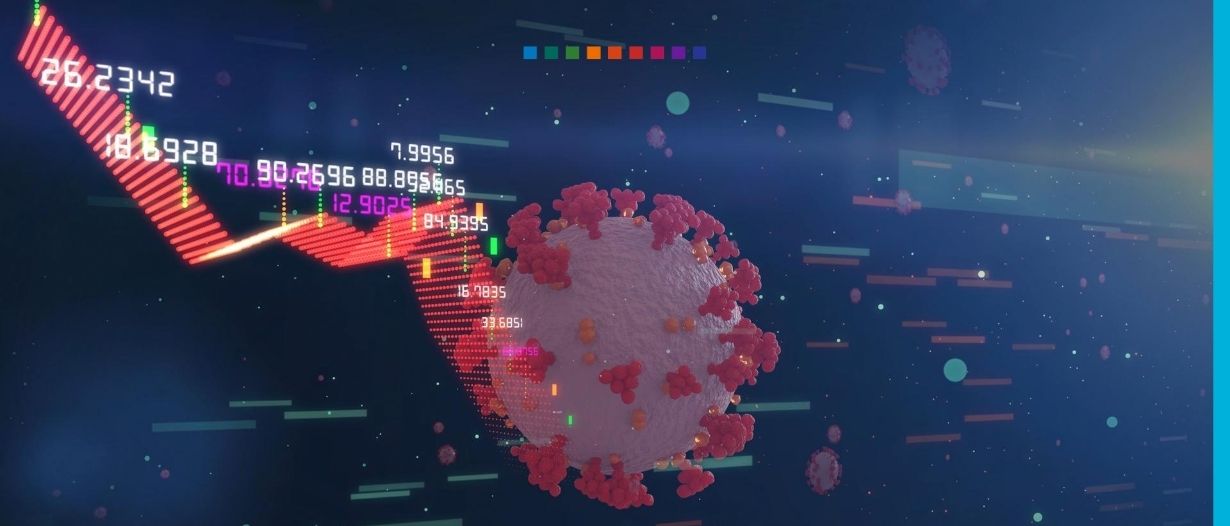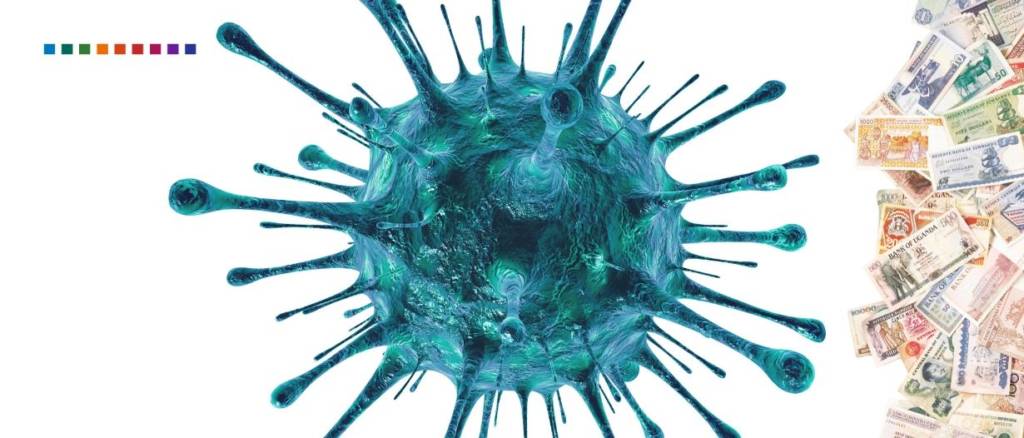- Global trade volumes will contract by -15% in 2020, no return to pre-crisis levels before 2022
- Global economy to shrink by -4.7% this year, with growth of +4.8% in 2021
- Protecting cashflow is the major concern for business leaders
- Focus on investing in technologies to improve real time data and predict risk
The full economic and business impact of the Covid-19 crisis is yet to be felt, with the preservation of cashflow and investment in new technologies to predict risk being issues that will shape the agenda of business leaders over the coming months, according to Euler Hermes Chairman Wilfried Verstraete.
In a letter to the company’s 66,0000 clients Verstraete states,
“the disastrous economic consequences of Covid-19 are still in front of us and we must be realistic about what they entail.”

Euler Hermes, the world leader in trade credit insurance, predicts that global GDP will contract by -4.7% in 2020, followed by growth of 4.8% in 2021, global insolvencies will increase by 35% by 2021, and global trade volumes will contract by -15% in 2020, with a recovery of +8% in 2021 and +4.1% in 2022.
Export losses (USD4.5 trillion in 2020) will also reveal large asymmetries between countries and sectors. Global GDP growth is only likely to return to pre-crisis levels at the end of 2021, and worldwide trade will not to return to pre-crisis levels before 2023.
Managing the risks of a second wave will be crucial in determining the size of the shock and speed of recovery. Business leaders report that preservation of cashflow is a major concern, and a bigger priority than investment for future growth. In May, 65% of leaders stated that payment delays affected them in the previous two months. Only 31% of businesses felt fully prepared to deal with payment incidents, down from 44% prior to the outbreak.

Wilfried Verstraete said:
“Now is the time for business leaders and their financial services providers to invest in technologies to better understand and predict risk, focus on driving future growth, minimizing risk and management of future crises or subsequent waves of this pandemic.
“As we continue into the second half of a very difficult year, knowing tomorrow will not look the same as yesterday; we believe it is now crucial to shift our focus from resilience to adaptation, to face the future with courage.”
























